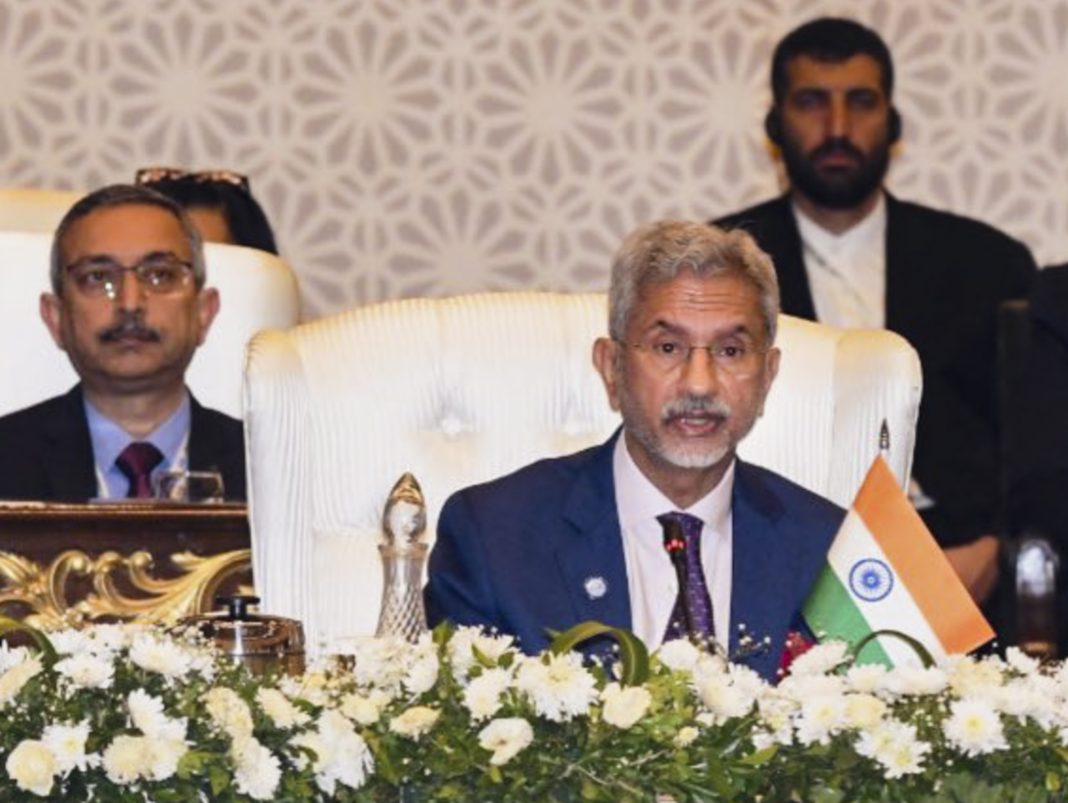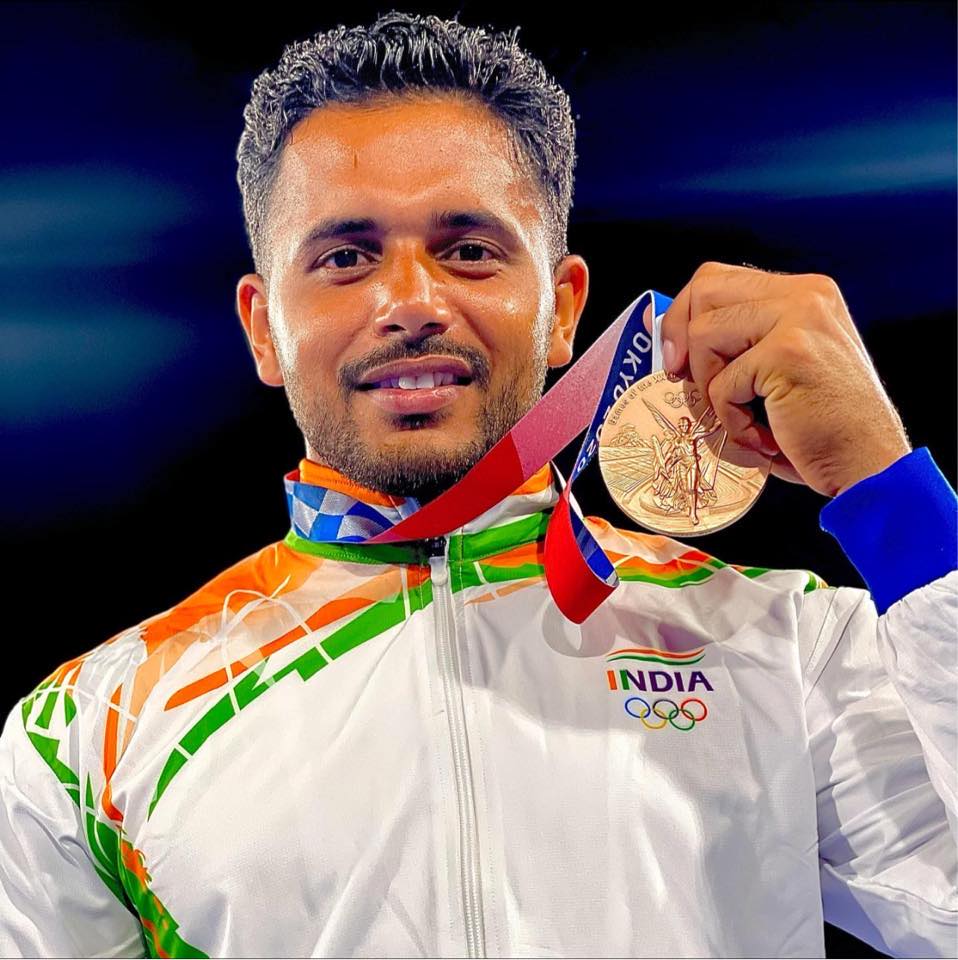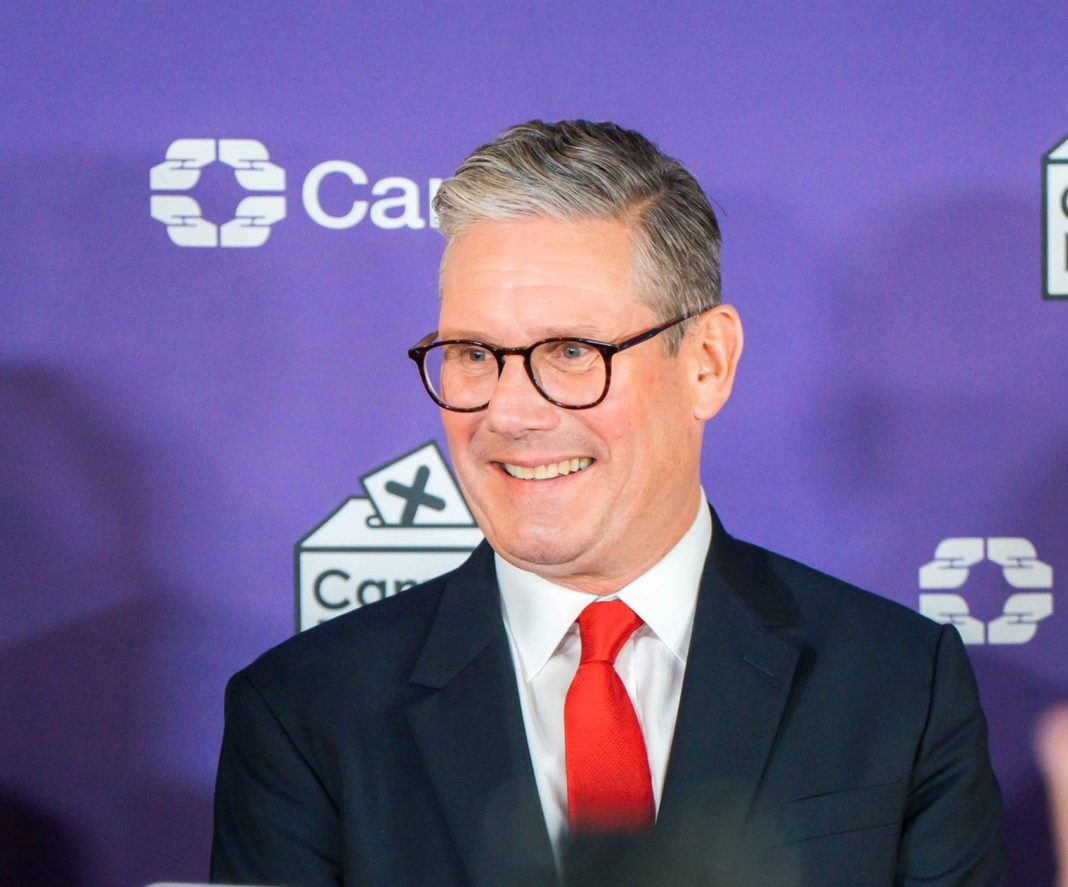Islamabad, Oct 16: Delivering a thinly veiled message to Pakistan from its soil, External Affairs Minister S Jaishankar on Wednesday said activities across borders characterised by the “three evils” of terrorism, extremism and separatism are unlikely to encourage trade, energy flows and connectivity.
In his address at a conclave of Shanghai Cooperation Organisation (SCO) chaired by Pakistan Prime Minister Shehbaz Sharif, Jaishankar asserted that trade and connectivity initiatives must recognise territorial integrity and sovereignty and it is essential to have an “honest conversation” on the lack of trust.
Jaishankar spoke immediately after Sharif’s inaugural address at the 23rd meeting of the Council of the Heads of Government (CHG) of the Member States of the SCO attended among others by Chinese Premier Li Qiang.
His remarks came amid the lingering military standoff between Indian and Chinese troops in eastern Ladakh and concerns over China’s increasing military muscle-flexing in the Indian Ocean and other strategic waters.
“If activities across borders are characterised by terrorism, extremism and separatism, they are hardly likely to encourage trade, energy flows, connectivity and people-to-people exchanges in parallel,” the external affairs minister said without naming Pakistan.
Jaishankar arrived in Islamabad on Tuesday, becoming the first Indian foreign minister to visit Pakistan in nearly a decade. He led the Indian delegation at the SCO-CHG summit in the Pakistani capital city.
Ahead of the deliberations, PM Sharif shook hands with Jaishankar and warmly received him and other leaders of the SCO member nations at the Jinnah Convention Centre, the venue of the summit.
In his remarks, the external affairs minister said cooperation must be based on mutual respect and sovereign equality and that the SCO member nations can benefit immensely if the grouping moves ahead collectively with mutual trust.
He, especially stressed on adhering to SCO charter, highlighting its underlying essence of strengthening mutual trust, friendship and good neighbourliness.
“It should recognise territorial integrity and sovereignty. It must be built on genuine partnerships, not unilateral agendas. It cannot progress if we cherry-pick global practices, especially of trade and transit,” he said, in remarks seen as an indirect reference to China’s assertive behaviour on several critical issues such as trade and connectivity.
“But most of all, our endeavours will progress only when our commitment to the Charter remains firm. It is axiomatic that development and growth requires peace and stability. And as the Charter spelt out, this means being firm and uncompromising in countering the ‘three evils’.”
Jaishankar said there is a need to introspect if “good neighbourliness” is missing somewhere and there is a lack of trust.
“If we fast-forward from the inception of the charter to the situation today, these goals and these tasks are even more crucial. It is, therefore, essential that we have an honest conversation,” he said.
“If trust is lacking or cooperation inadequate, if friendship has fallen short and good neighbourliness is missing somewhere, there are surely reasons to introspect and causes to address,” he said.
“Equally, it is only when we reaffirm our commitment most sincerely to the Charter that we can fully realise the benefits of cooperation and integration that it envisages,” he added.
Jaishankar said the SCO’s objective was to strengthen mutual trust, friendship and good neighbourliness.
“It is to develop multifaceted cooperation, especially of a regional nature. It is to be a positive force in terms of balanced growth, integration and conflict prevention,” he said.
“The Charter was equally clear what the key challenges were. And these were primarily three, that the SCO was committed to combating: one, terrorism; two, separatism; and three, extremism,” he said.
Jaishankar also described the challenge of debt as a serious concern.
The external affairs minister, delving into global issues, said the global institutions need to keep pace with the changes and underlined the need for ‘reformed multilateralism’.
He also emphasised the need for comprehensive reform of the UN Security Council, both in the permanent and non-permanent categories, to make the global body more representative, inclusive, transparent and efficient.
“The SCO must be in the lead of advocating such change, not hold back on a matter of such importance,” he said.
Jaishankar also referred to various global challenges.
“We meet at a difficult time in world affairs. Two major conflicts are underway, each with its own global repercussions. The Covid pandemic has left many in the developing world deeply devastated,” he said.
“Disruptions of various kinds – ranging from extreme climate events to supply chain uncertainties and financial volatility – are impacting growth and development,” he said.
He also added that technology holds great promise but raises a new host of concerns too.(PTI)




